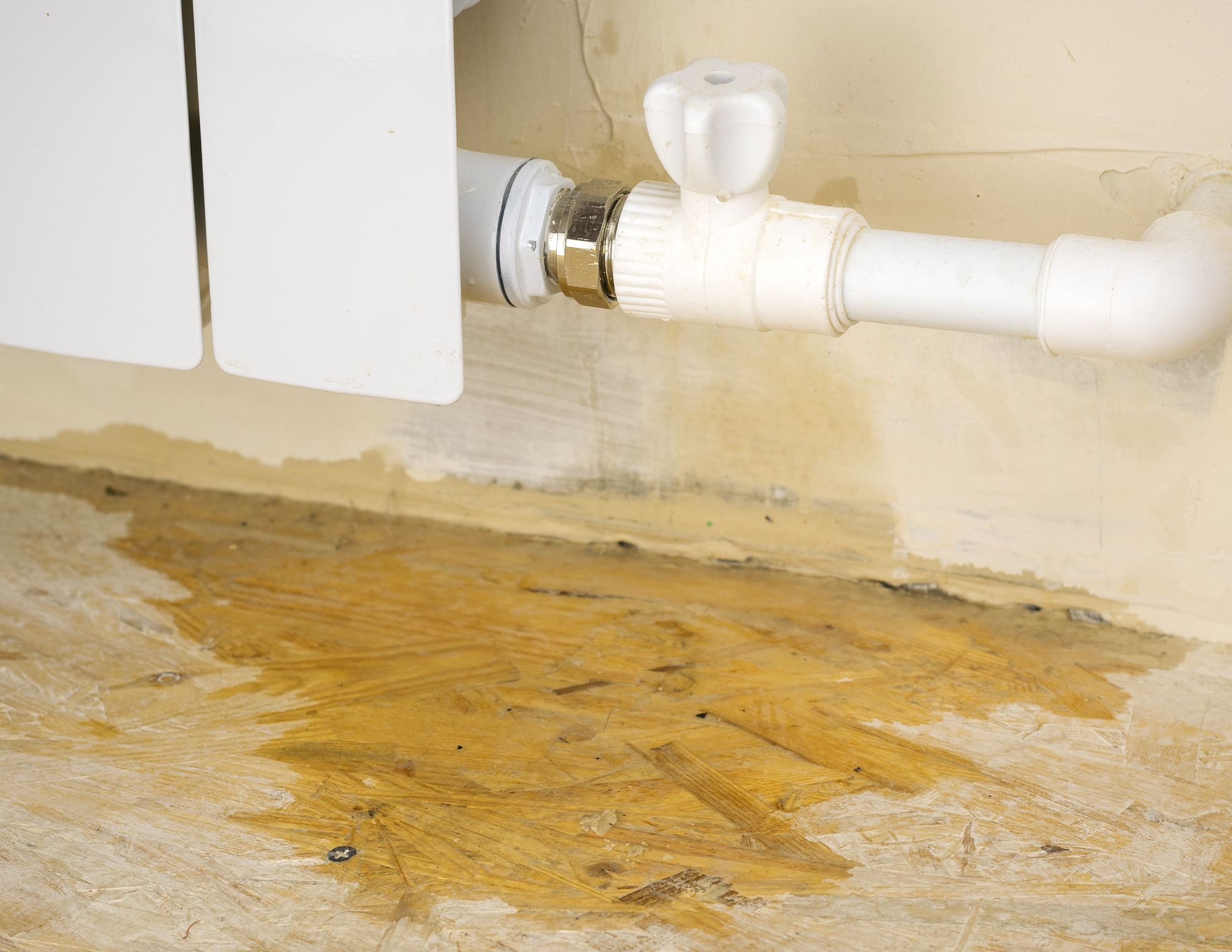Understanding What Leads To Water Seepage Occur So Often at Home
Understanding What Leads To Water Seepage Occur So Often at Home
Blog Article
What are your thoughts regarding Most Common Causes of Leaky Pipes?

Leaks not just create waste of water however can additionally create unneeded damages to your home and also advertise unwanted organic development. By comprehending and also looking for day-to-day circumstances that create leaks, you can secure your house from future leakages and unneeded damages.
Elbowing in roots
A lot of water leaks start outside your home as opposed to inside it. If you notice a sudden decline in water stress, say in your faucet, take some time to go out and also analyze your backyard. You might notice wet spots or sinkholes in your backyard, and that may imply that tree roots are invading water lines creating water to seep out. You can have your plumber check for intrusion, especially if you have trees or hedges near your building.
Corroded water systems
As time goes by, your plumbing system ages and also rust such as corrosion might begin eating away the pipes. This might be the source of staining or warping on your water pipes. This requires an inspection with your plumber quickly. Consider changing the pipes since they are at a higher risk of rust than the more recent designs if our plumbing system is old.
Malfunctioning Pipe Joints
The factor at which your pipelines link is regularly the weakest link in the waterline. Pipeline joints can weaken gradually, causing water leaks. The majority of pipeline joints are not quickly visible. If you have noisy pipelines that make ticking or banging noises, especially when the warm water is switched on, your pipe joints are probably under a lot of pressure. It is recommended to have your plumber inspect your system yearly.
Immediate temperature changes.
Severe temperature level modifications in our pipelines can trigger them to broaden and acquire suddenly. This development as well as contraction might cause fractures in the pipelines, particularly if the temperature level are below freezing. If you maintained an eye on how your plumbing works, it would be best. The visibility of the formerly discussed circumstances regularly indicates a high danger.
Poor Water Connectors
At times, a leakage can be brought on by loose tubes and also pipes that provide your appliances. Typically, moving is what creates the loose water Links. You could discover when it comes to a cleaning device, a pipe might spring a leakage due to trembling throughout the spin cycle. In case of a water links leakage, you might see water running directly from the supply line or puddles around your home appliances.
Blocked Drains
Blocked drains pipes could be aggravating and also inconveniencing, but they can often end up creating an overflow causing break pipes. Maintain eliminating any products that might decrease your drains that can obstruct them to stay clear of such troubles.
All the above are root causes of leakages yet not all water leaks arise from plumbing leaks; some leakages could come from roofing system leaks. All leaks need to be repaired promptly to prevent water damage.
Leaks not just create waste of water however can likewise create unneeded damage to your home and also promote undesirable organic development. By looking and understanding for everyday circumstances that create leakages, you can shield your residence from future leaks as well as unneeded damage. Today, we will certainly look at six leakage creates that might be triggering your pipes to leak.
At times, a leak can be triggered by loosened hose pipes and pipelines that supply your devices. In instance of a water links leakage, you might observe water running directly from the supply line or pools around your devices.
Tell-Tale Signs of a Water Leak
The Sound of Running Water
If you’re hearing water running, your first step should be to check your faucets, toilet valves, and outdoor spigots. If everything if status quo, take an exact reading of your water meter and don’t use the water for a few hours. Then, take another meter reading. If there has been no change, that means water is not running (and maybe it’s time to have your hearing checked!). If the reading has changed, however, this indicates that water is indeed flowing and you most likely have a leak.
Wet or Damp Floors
You’re walking across your carpet and suddenly squish—your sock is soaked! The dog doesn’t look guilty and your child swears they didn’t spill anything. That means you’re likely looking at sewer leakage. Now, it’s easy to just soak it up with a towel and call it a day; however, this won’t stop the leak. Ignoring the problem allows moisture to build up, ultimately causing mold or mildew. Not only is this smelly, it can be very toxic and harmful to children, the elderly, pets, and those with weak immune systems. Don’t risk the health of your home and your family—call in a professional to take care of the problem.
Foul Odors
If there’s an unpleasant smell in your home and you can’t locate the source, don’t just light a candle or spray some Febreze. Funky smells are often due to mold and mildew, which spread fast under ideal conditions (optimal temperature and level of humidity). Growth begins within about 24-48 hours, and spores start to colonize in 3-12 days, becoming visible to the eye within about 18 days. If you think the odor is leak-related, get a plumber out as soon as possible to mitigate damage from rapid fungi growth (and rid your home of the foul odor).
Overgrowth in the Lawn
Unless you didn’t fertilize your lawn evenly, a lush patch of grass in a select area of your lawn, or concentrated wet spots, indicate pipe leakage which is acting as a fertilizer. Left untreated, hazardous bacteria in the underground waste will quickly turn into a messy situation, going from lush growth to lawn destruction.
Wall Cracks
Over time, even the littlest of leaks can cause cracks in the foundation of your home and compromise the entire structure. How does it happen? The leak continues hammering away at the same spot in the ground beneath your home, eventually causing it to shift slightly. Now, you’d never feel this shift, but your walls will. This can be a very dangerous situation, so if you’re seeing vertical or diagonal cracking in your walls it’s best to call a plumber right away.
https://www.expresssewer.com/blog/6-telltale-signs-of-a-water-leak-in-your-home

Do you appreciate reading about Top Causes of Home Water Leaks? Place a review down the page. We'd be delighted to listen to your views about this write up. We hope that you visit us again later on. Sharing is nice. You just don't know, you may just be helping someone out. I enjoy reading our article about How to detect water leaks in your home.
Free Estimates Report this page